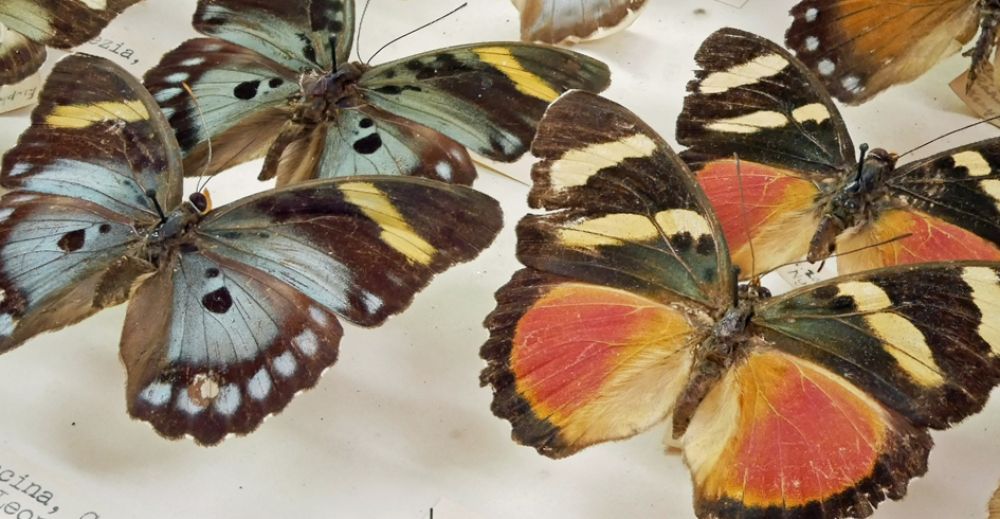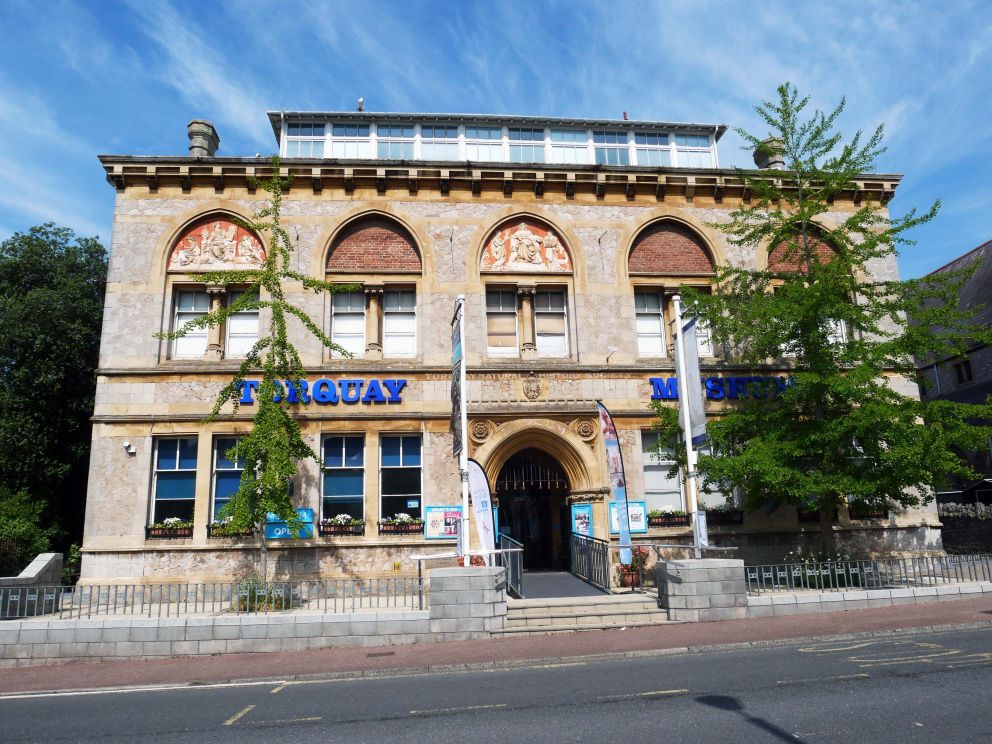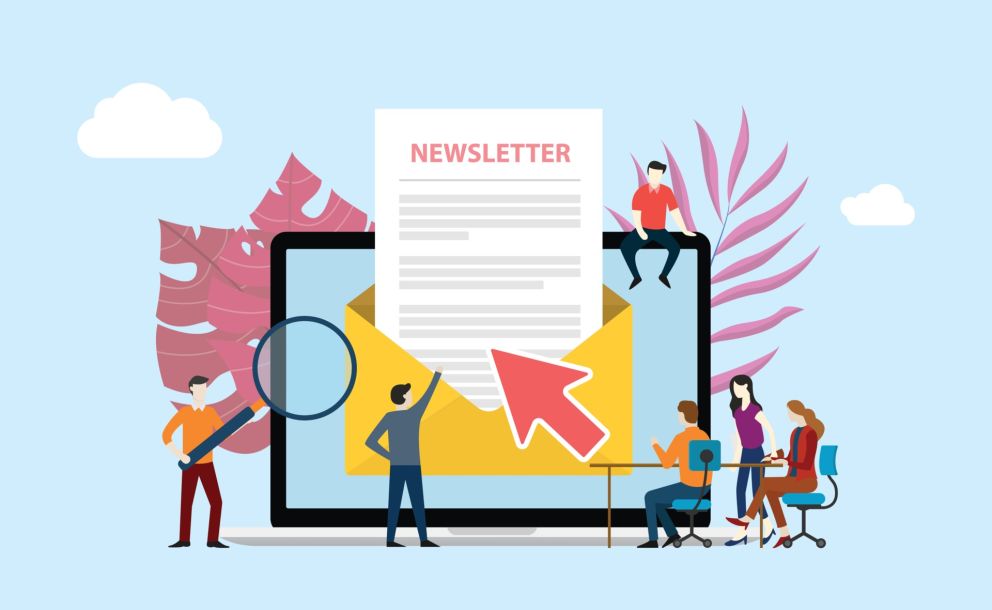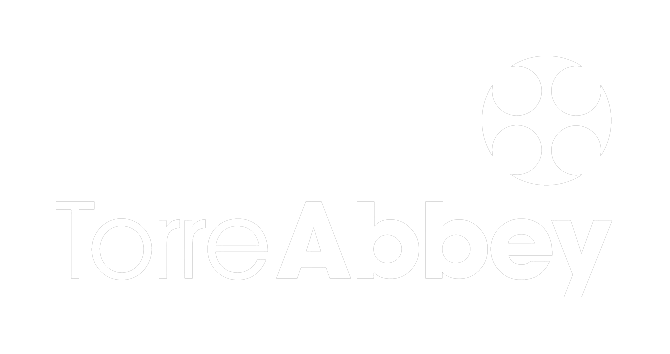Conservation
What could affect our collections?
Stories of museum beetle fill museum professionals will dread! Conservators, collections managers and curators all face a difficult task when invaluable museum collections pieces have potential or active insect infestation. Environmentally managed stores such as our Ogilvie Store allow us to care for our collections and reduce the risk of them being lost or devoured by a whole host of insects, fungi and the like. There are many risks to museum collections:
Humidity: The amount of water in the air is important. Too dry an atmosphere causes objects to crack or become brittle so that moving them causes damage. For example, a folded belt would be badly damaged by simply unfolding it. A damp atmosphere increases the chances of attack by insects and fungi.
Mould: Mould can appear in various forms. In books or on paper it can appear as brown dots called ‘foxing’. Dry rot and wet rot attack organic materials. Once mould appears, it is difficult to remove and they may need professional help. It is much easier to prevent it in the first place.
Ultra Violet Light (UV): UV is the part of light that causes skin cancer, too much UV can also cause damage to museum collections. UV is the part of light from either the sun or artificial light that causes fading. UV fading can happen to photographs, watercolours or textiles. UV also affects the molecules in objects destabilising them and causing the object to become weaker, along with other factors.
Bugs: The simple household bug, like moths and woodworm can all have devastating effects on museum collections just as much as they can have on your belongings. Moths cause damage to uniforms by eating the fabric.
Chemicals: Chemical reactions can occur within objects themselves or they can be effected by other items around them. Rust is a chemical reaction, it is the oxidation of any object made of iron. For example swords, guns, bullets and medals can be seriously affected by rust.
Handling: Actually handling objects will damage them. Acid on our hands can cause chemical reactions. The more an object is handled the greater the risk of accidents, paper can be torn or fragile objects dropped.
Prevention
The conservation that is done by staff and volunteers in the museum, is mostly preventative and could simply be defined as good housekeeping such as keeping areas clean and tidy and making no food, drink is consumed in the gallery or storage areas. Nor is smoking allowed in these spaces.
What we can do to combat these risks?
- By cleaning objects and the interior of museum cases, the damage to the collection is limited.
- Regular cleaning will ensure that mould can be caught early to prevent long-term damage to the collection.
- We use acid free boxes, tissue paper and other packaging to ensure that objects are kept in as stable environment as possible, avoiding chemical reactions.
- Gloves are worn when handling the collection to reduce damage, and care is taken whilst handling more fragile items.
- Heat, temperature and light, are also monitored using an environmental Monitor.
- We can also reduce the UV by not taking photographs in the museum and by controlling the amount of light in the museum.
- There are no insects at present in the museum, but by monitoring the collection carefully, we can ensure that this continues. You may see our insect monitoring traps in the display cases in the museum.
- Careful repairs can be made by trained staff and volunteers to ensure that damage is limited. More complicated repairs have to be done by trained conservators.
Is repairing an item expensive?
Yes. Conserving damaged items so that they do not deteriorate any further and perhaps to restore an item to the way it should look can run to thousands of pounds. It is only through applying for grants from various organisations and through donations that we can afford to do much of this work.
Read More 

Read More 

Support Torquay Museum
Did you know that whenever you buy anything online – from your weekly shop to your annual holiday – you could be raising free donations for Torquay Museum with easyfundraising? Find out how!
Stay Connected with Our Newsletter
Be the first to hear our latest news by signing up to our newsletter. Also don't forget to follow us on social media - @torquaymuseum.
















